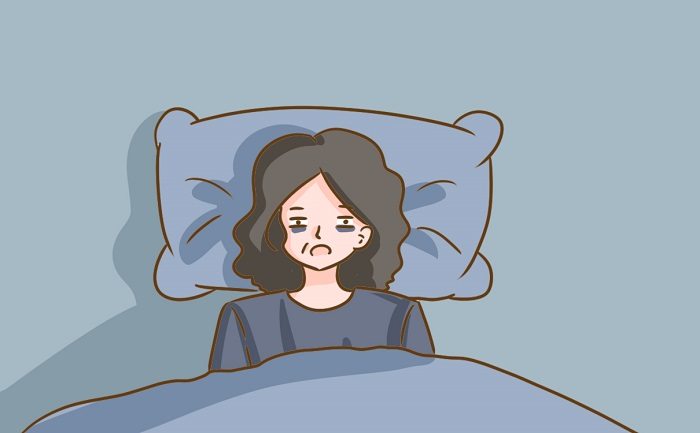Menopause is a significant life transition for women, and one of the most common questions is how long this phase will last. Understanding the duration of menopause can help women better prepare for the physical and emotional changes during this time.
The concept of menopause has been recognized in some form for centuries. Ancient Greek physicians, such as Hippocrates (around 460 – 370 BC), were among the first to document the cessation of menstruation in women as they aged. Their understanding was based on simple observations of the female body’s natural cycle changes. However, their knowledge was limited compared to modern understanding, and they did not have the scientific tools to study the hormonal and physiological mechanisms underlying menopause.
In the 19th century, as the field of medicine began to develop more advanced anatomical and physiological knowledge, researchers started to look more closely at the female reproductive system. Scientists like Charles – Édouard Brown – Séquard (1817 – 1894) were involved in early studies of the ovaries and their role in the female body. His work laid the foundation for understanding that the ovaries were central to the menstrual cycle and that changes in ovarian function could lead to the end of menstruation.
The real breakthrough in understanding menopause came in the 20th century. In the 1920s and 1930s, the discovery of sex hormones such as estrogen and progesterone revolutionized the understanding of the female reproductive cycle and menopause. Scientists such as Robert T. Frank (1884 – 1950) were among the first to link the symptoms experienced by menopausal women, like hot flashes and mood changes, to hormonal changes. His work was crucial in establishing the hormonal basis of menopause.
Later, in the 1960s and 1970s, with the development of more sophisticated techniques for measuring hormones, researchers were able to study the hormonal fluctuations during perimenopause, menopause, and post – menopause in greater detail. This led to a more comprehensive understanding of the different stages of menopause and how hormonal changes affected a woman’s body and well – being.
On average, menopause can last anywhere from several years to a decade. The process usually begins with perimenopause, which can start several years before a woman’s final menstrual period. During perimenopause, hormonal fluctuations can cause a variety of symptoms such as hot flashes, night sweats, mood swings, and irregular periods. This stage can last an average of 4 years, but it can range from a few months to 10 years or more in some women.
The actual menopause is defined as 12 consecutive months without a menstrual period. After reaching this milestone, postmenopause begins. However, symptoms associated with hormonal changes can continue during postmenopause. Some women may experience mild symptoms that gradually subside over time, while others may have more persistent issues.
Several factors can influence the length of menopause. Genetics play a role, as women with a family history of long or short menopausal transitions may follow a similar pattern. Lifestyle factors also matter. Women who smoke, for example, may enter menopause earlier and potentially have a more prolonged transition. On the other hand, regular exercise, a healthy diet rich in phytoestrogens (found in foods like soy products), and stress management can potentially help ease symptoms and may even affect the duration of the menopausal process.
Medical conditions can also impact menopause length. Women with certain thyroid disorders or autoimmune diseases may have more complex hormonal imbalances, which can either prolong or exacerbate menopausal symptoms. Additionally, previous surgeries such as hysterectomy (with or without removal of the ovaries) can affect the body’s hormonal regulation and the experience of menopause.
It’s important for women to communicate with their healthcare providers during this time. Healthcare professionals can monitor hormonal levels, provide advice on managing symptoms, and offer support. Treatments such as hormone replacement therapy (HRT) may be considered in some cases to alleviate severe symptoms, although this option comes with its own set of risks and benefits that need to be carefully evaluated.
In conclusion, the duration of menopause varies from woman to woman. By understanding the factors that can influence it and working closely with healthcare providers, women can better navigate this significant life change.
Read more
- Understanding The High Sids Rate In 2-4 Month – Old Infants
- Gestational Diabetes: Understanding Risks &Management During Pregnancy
- Managing Atopic Dermatitis: Comprehensive Treatment Approaches


